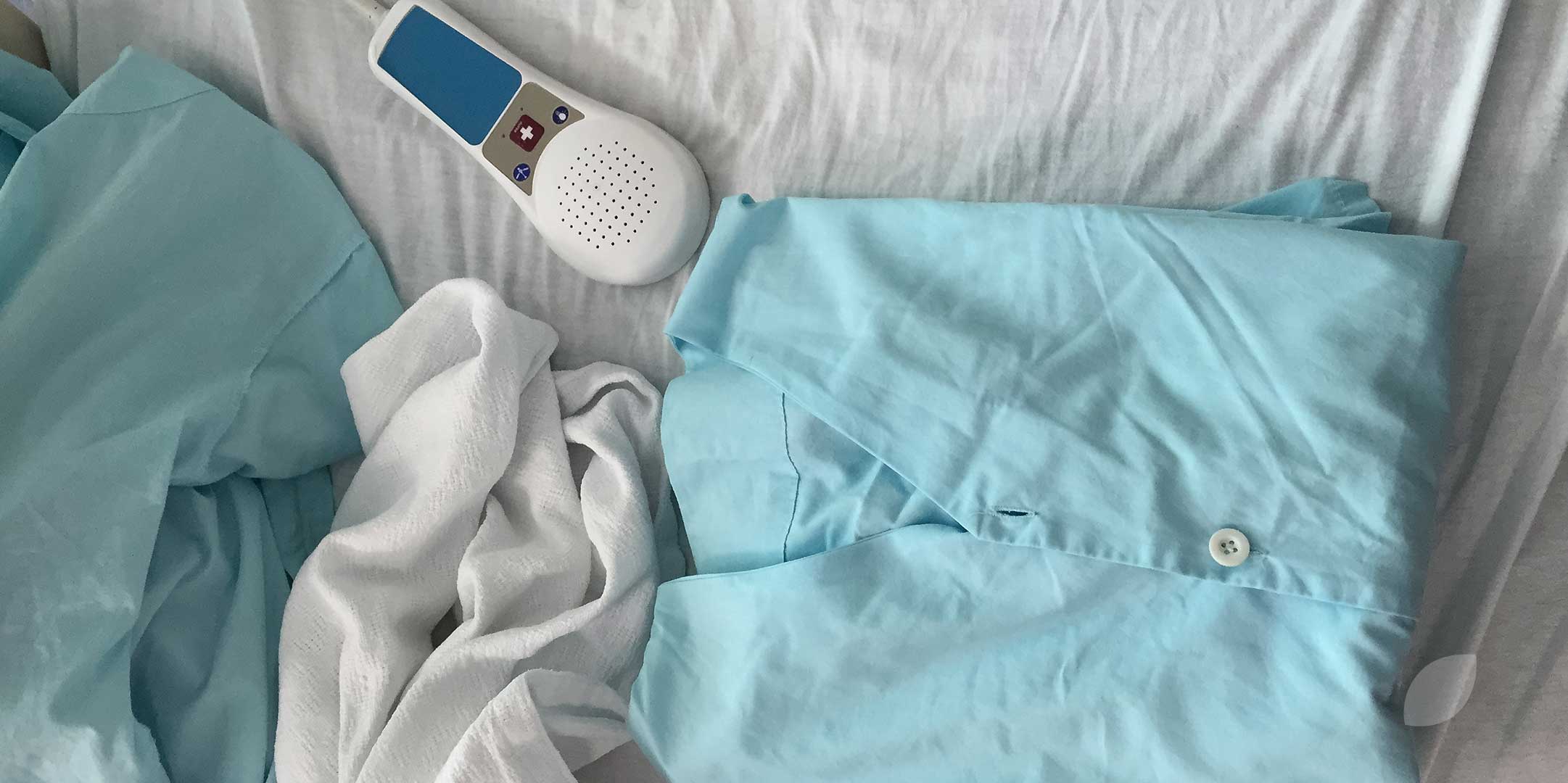
Does a link to Palliative Care mean that I am imminently dying?
No. Palliative Care is involved to provide care and symptom management in order to ensure a good quality of life for as long as possible. Their aim is to improve the way that you now live. Their involvement in your care does not necessarily mean death is imminent. They and the surgical team will talk to you about what course your disease may take.
Does being seen by Palliative Care mean that I won’t have any treatment?
No. Patients being seen by palliative care are often still having palliative chemotherapy or radiotherapy to reduce the effects of cancer and prolonging life. Palliative care works hand in hand with the treating team and all things that are reversible like anaemia or infection will be treated. Palliative Care never means ‘do nothing’, it means focusing on the things that are important to you.
Is there any information about Palliative Care I can have to read or give to my family?
Yes, there is a variety of written information on Palliative Care. Just let the nursing staff know that you are interested and the social worker or palliative care nurse will provide you with it.

